Enabling Segment Routing for IS-IS Protocol
Segment routing on the IS-IS control plane supports the following:
-
IPv4 and IPv6 control plane
-
Level 1, level 2, and multi-level routing
-
Prefix SIDs for host prefixes on loopback interfaces
-
Adjacency SIDs for adjacencies
-
MPLS penultimate hop popping (PHP) and explicit-null signaling
This task explains how to enable segment routing for IS-IS.
Before you begin
Your network must support the MPLS Cisco IOS XR software feature before you enable segment routing for IS-IS on your router.
 Note |
You must enter the commands in the following task list on every IS-IS router in the traffic-engineered portion of your network. |
Procedure
| Command or Action | Purpose | |||
|---|---|---|---|---|
|
Step 1 |
configure Example: |
Enters mode. |
||
|
Step 2 |
router isis instance-id Example: |
Enables IS-IS routing for the specified routing instance, and places the router in router configuration mode.
|
||
|
Step 3 |
address-family { ipv4 | ipv6 } [ unicast ] Example: |
Specifies the IPv4 or IPv6 address family, and enters router address family configuration mode. |
||
|
Step 4 |
metric-style wide [ level { 1 | 2 }] Example: |
Configures a router to generate and accept only wide link metrics in the Level 1 area. |
||
|
Step 5 |
router-id loopback loopback interface used for prefix-sid Example: |
Configures router ID for each address-family (IPv4/IPv6). IS-IS advertises the router ID in TLVs 134 (for IPv4 address family) and 140 (for IPv6 address family). Required when traffic engineering is used. |
||
|
Step 6 |
segment-routing mpls [sr-prefer] Example: |
Segment routing is enabled by the following actions:
Use the sr-prefer keyword to set the preference of segment routing (SR) labels over label distribution protocol (LDP) labels. |
||
|
Step 7 |
exit Example: |
|||
|
Step 8 |
Use the commit or end command. |
commit —Saves the configuration changes and remains within the configuration session.
|
What to do next
Configure the prefix SID.
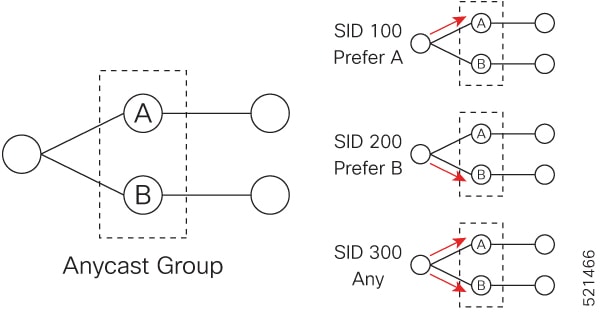
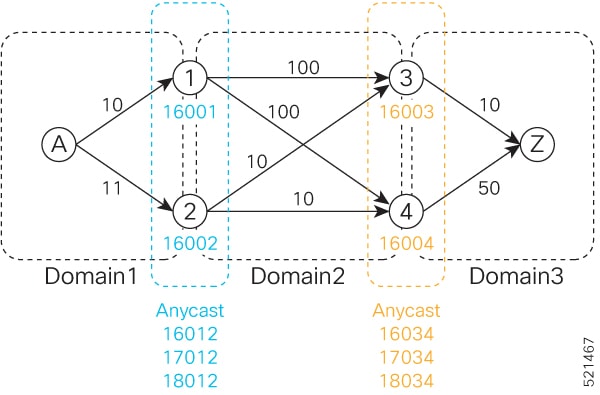
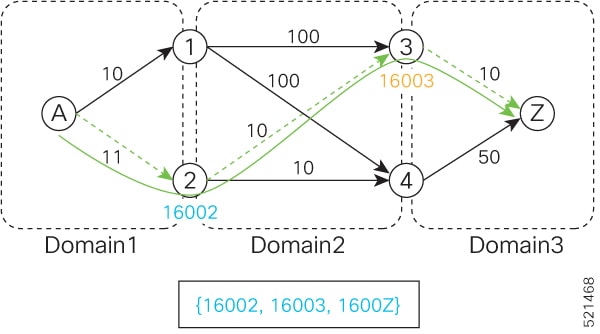
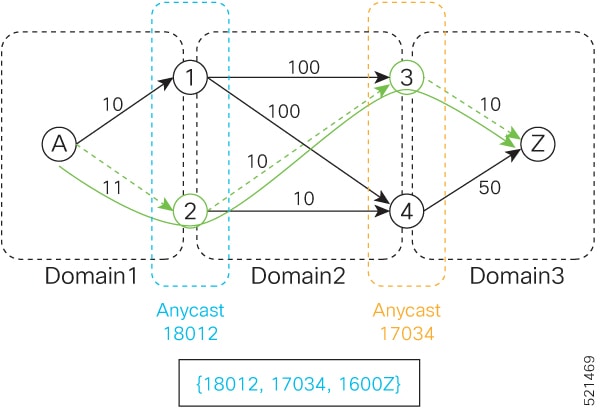
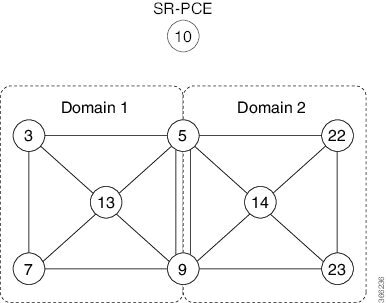
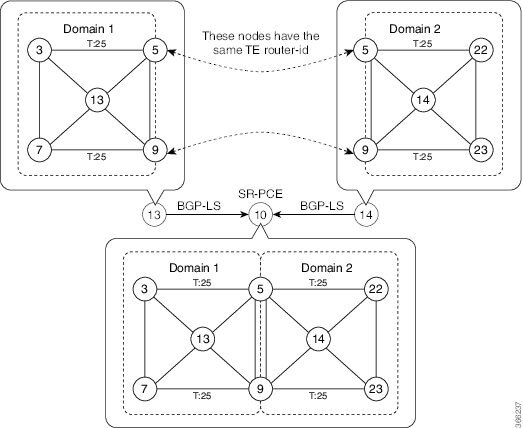
 Feedback
Feedback